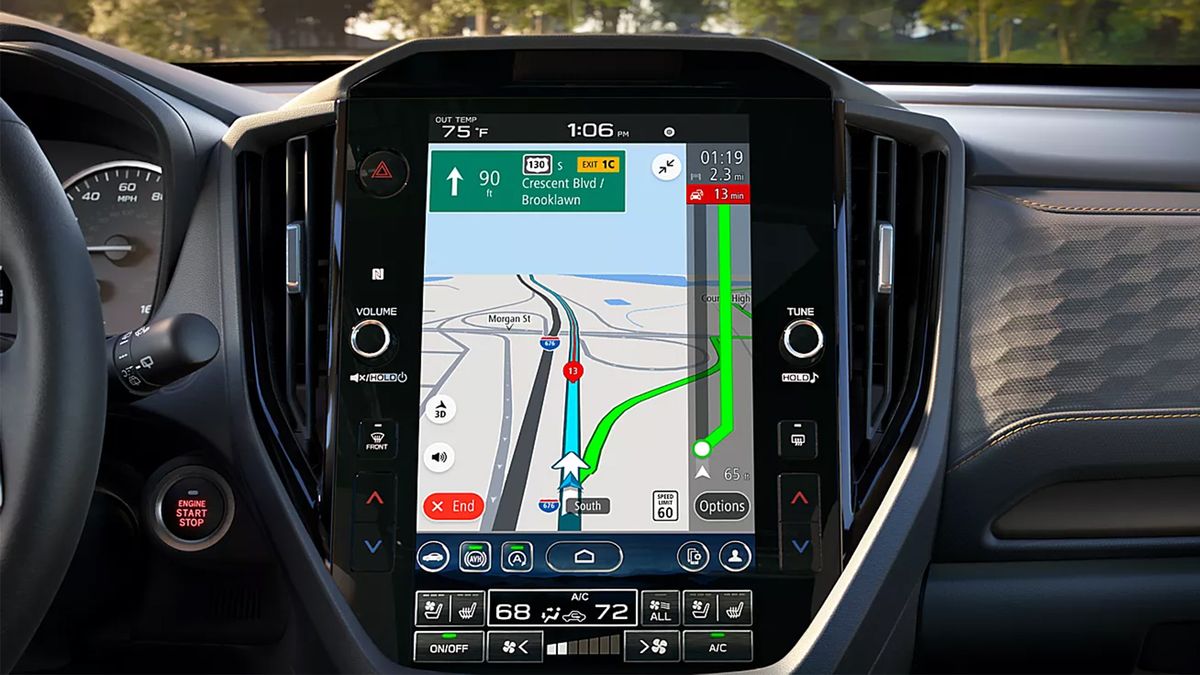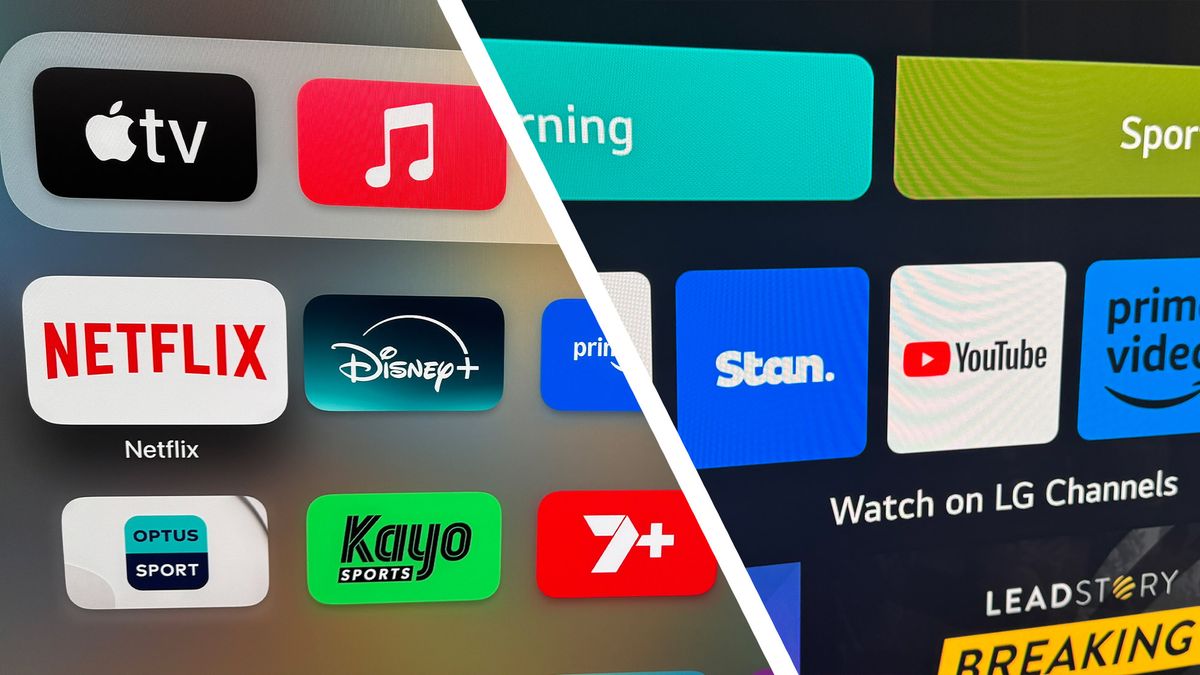Google has notified the European Union that it won’t integrate work from fact-checking organizations into Search or YouTube, ahead of the bloc’s plans to expand disinformation laws. Google had previously signed a set of voluntary commitments that the EU introduced in 2022 to reduce the impact of online disinformation, which are in the process of being formalized into law under the Digital Services Act (DSA).
The pushback comes as the emboldened leaders of US tech companies, including Google CEO Sundar Pichai, have been courting President-elect Donald Trump, with Tim Cook and Mark Zuckerberg urging him directly to combat EU regulatory enforcement.
In a letter written to the European Commission’s content and technology czar Renate Nikolay seen by Axios, Google’s global affairs president Kent Walker affirmed that Google won’t commit to the fact-checking requirement as it “simply isn’t appropriate or effective for our services.” Google will also “pull out of all fact-checking commitments in the Code” before the rules become law in the DSA Code of Conduct, according to Walker.
Currently, the EU’s Code of Practice on Disinformation commits signatories to work with fact-checkers in all EU countries, make their work available to users in all EU languages, and cut financial incentives for spreading disinformation on their platforms. The code also compels companies to make it easier for users to recognize, understand, and flag disinformation, alongside labeling political ads and analyzing fake accounts, bots, and malicious deep fakes that spread disinformation.
Fact-checking isn’t currently included as part of Google’s content moderation practices. The company objected to some of the code’s requirements in its agreement, saying that “Search and YouTube will endeavour to reach agreements with fact checking organizations in line with this measure, but services will not have complete control over this process.”
40 online platforms have signed the code, including Microsoft, TikTok, Twitch, and Meta — despite the latter scrapping its fact-checking program in the US earlier this month. Twitter (now X) was also a signatory but pulled out after Elon Musk purchased the platform. According to the European Fact-Checking Standards Network, many of the other digital platforms that signed the voluntary disinformation code have been lax about fulfilling their commitments.
It’s unclear whether all of the code’s requirements will be formalized into official rules under the DSA — EU lawmakers have been in discussions with signatories regarding which commitments they will agree to follow. The Commission has yet to announce when the code will officially become law, having said in November that it’s expected to come into force by January 2025 “at the earliest.”

 1 week ago
9
1 week ago
9








 English (US) ·
English (US) ·